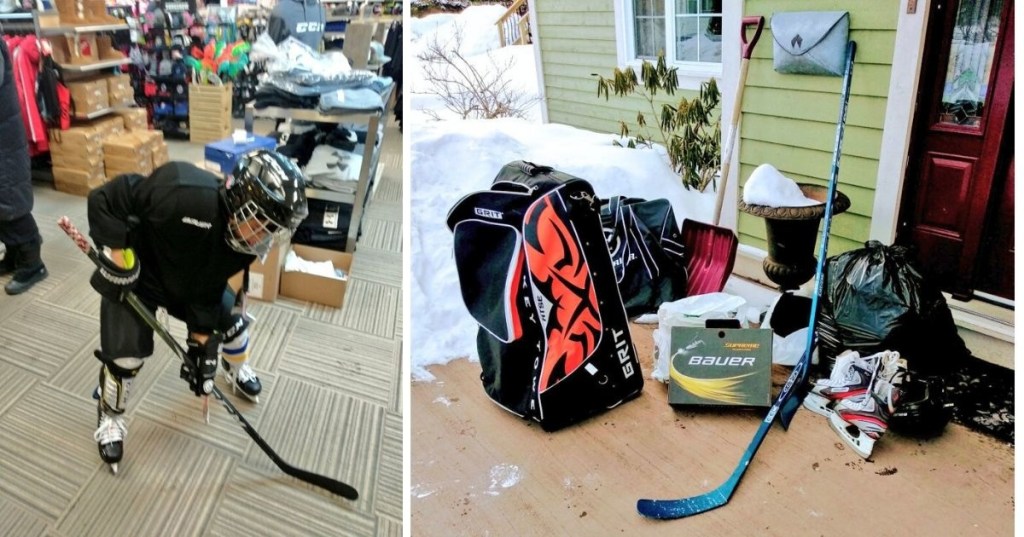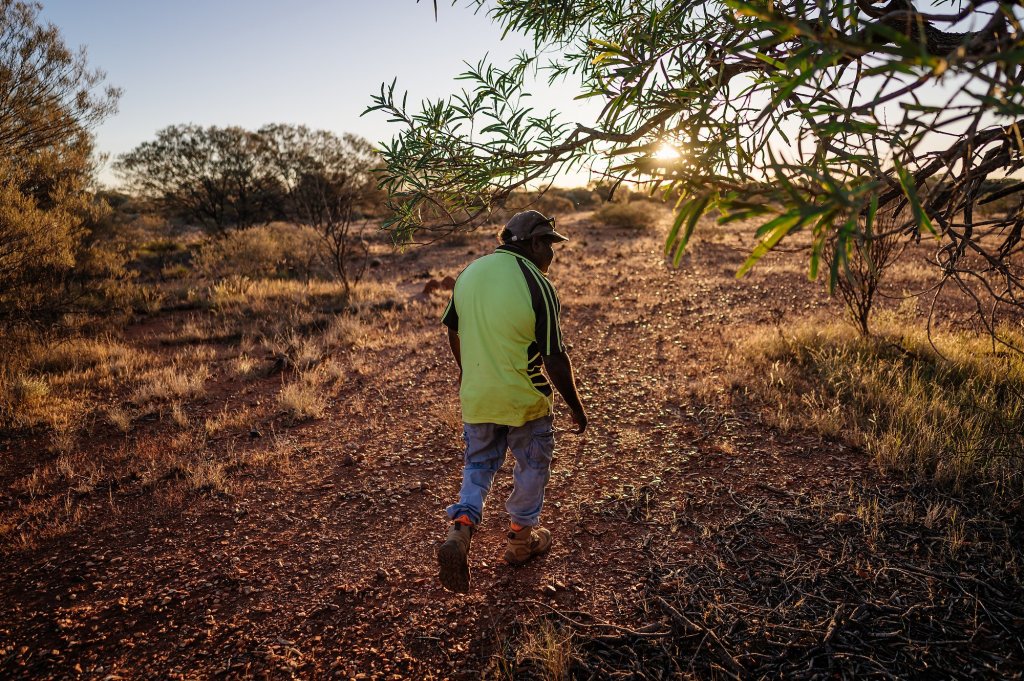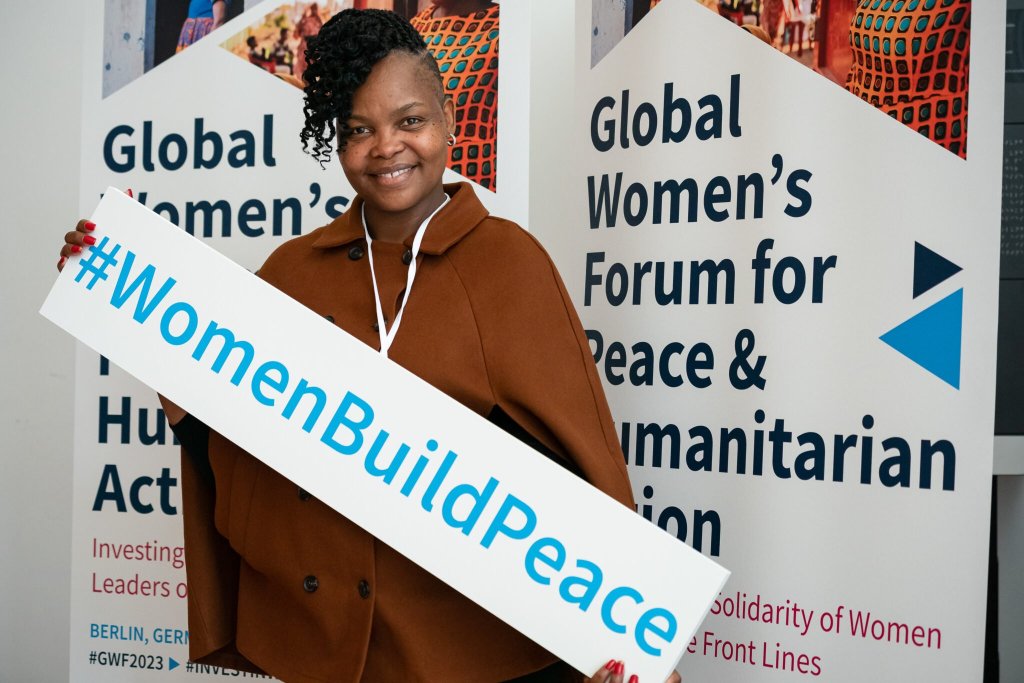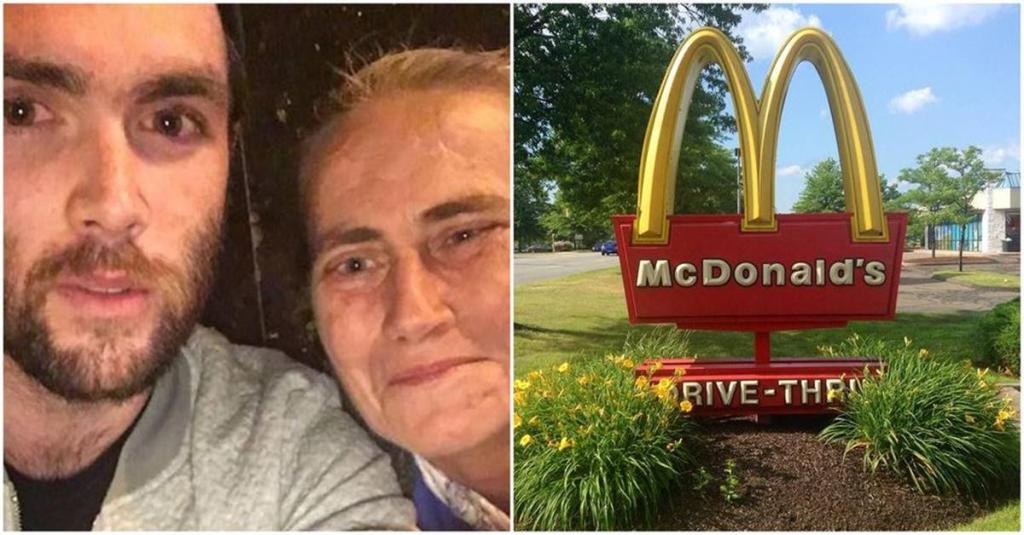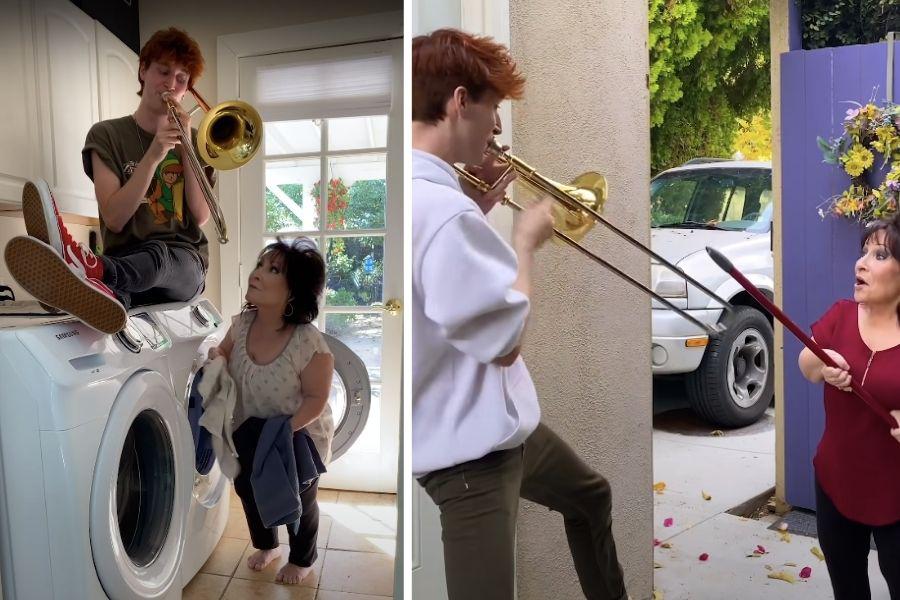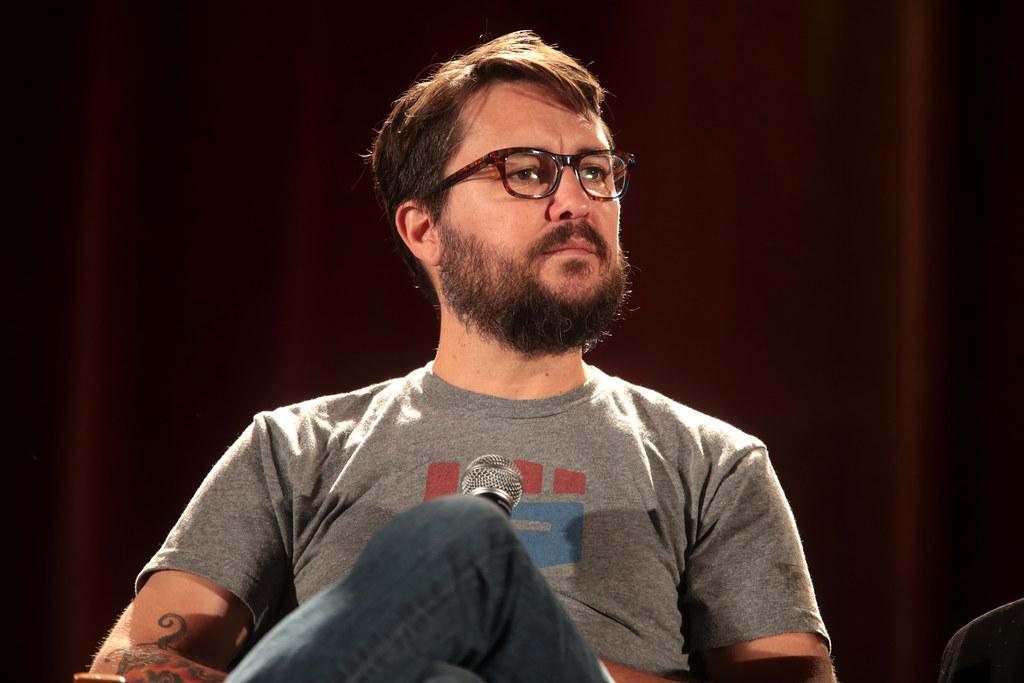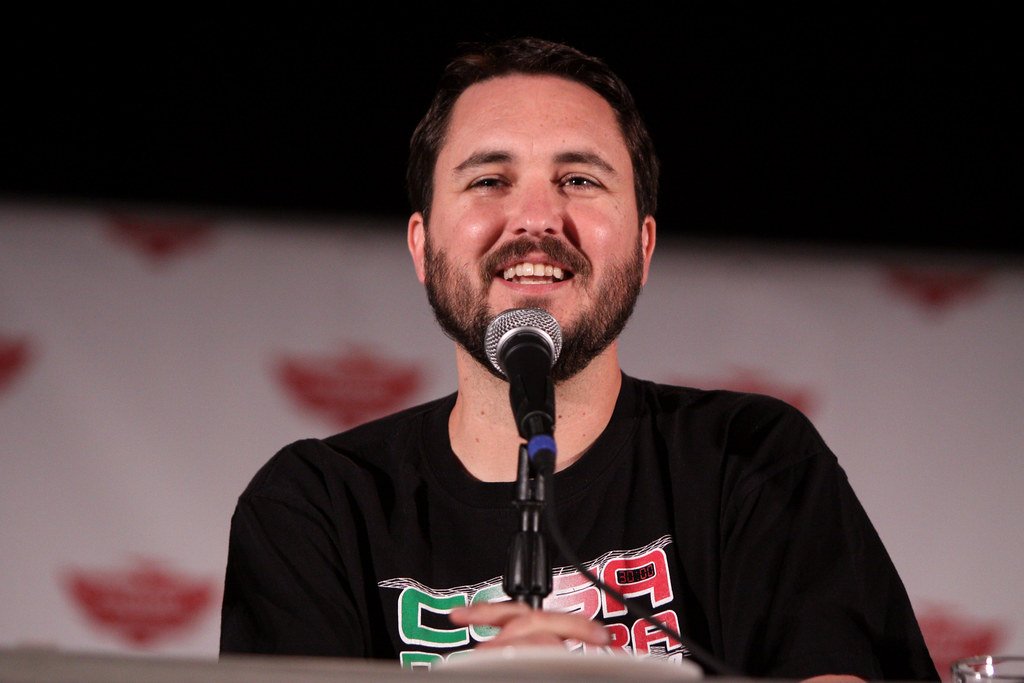Forced to leave their homelands due to war, persecution, or other danger outside of their control, refugees face a double challenge. Not only do they have to deal with the trauma of whatever they’ve seen or experienced that forces them to flee, but they also have to figure out how to make a new home in an unfamiliar land.
So when a country opens its arms and welcomes refugees with kindness and enthusiasm, it can mean the world. And for at least one refugee family, the Canadian province of Newfoundland has exemplified what that looks like.
Canadian journalist Muhammad Lila shared a story on Twitter that has thousands of people cheering for our neighbors to the north.
“Something amazing just happened, and it didn’t make a single headline,” Lila wrote. “It happened in a place you’ve probably never been, to a family you’ve never met. And it’s the best story you’ll read.”
Lila then introduced Yaman, a third grader whose family are Syrian refugees. “No biggie, after all Canada admits a lot of refugees, right?” Lila added.
(As a matter of fact, Canada admitted more refugees than any other country in 2018, the last year for which official figures are available. The U.S. had held that title for nearly 40 years, but the Trump administration has drastically slashed the refugee resettlement ceiling each of the past three years to now historic lows.)
“When a refugee comes to Canada,” Lila pointed out, “it’s usually a happy time. Your plane touches down to a new life and new beginnings. When Yaman’s family arrived, it was bittersweet. Why? Because their father never made it out of Syria. Think about what that does to a family.”
“Imagine Yaman’s mother, Fatima,” Lila continued. “You survive a war, then move halfway around the world to raise your four kids in a foreign land—all on your own—without even knowing the language or if your husband is even still alive. Talk about strength.”
Lila explained how the family of five settled in Newfoundland, which is “filled with cold winters but warm hearts.”
“Neighbors welcomed the family with open arms, helping them with furniture, school, and a place to live.”
RELATED: The refugee crisis is daunting, but Canada offers an inspiring example of how to help.
Now, that kind of hospitality toward refugees is not unusual, especially for refugees who come through Canada’s refugee sponsorship program. But Lila explained how Newfoundlanders took their welcome to a whole other level.
Being Canada and all, many of the kids in Yaman’s class play hockey. He wanted to play, but he didn’t know how. He’d only been skating once, back home in Syria.
“Remember how it felt to be left out when you were a kid?” asked Lila. “That was Yaman.”
BUT.
“One of the kids went home and told his dad,” wrote Lila, “and before long, word started to spread in the community about the Syrian boy who’d never played hockey.
And this, right here, is where things get Canadian.
Really Canadian.”
Lila then describes how a hockey dad found some kids’ skates and took Yaman to the local rink. Then the dad asked Twitter if anyone had any equipment, and that same day, gear started showing up on his doorstep.
The next day, more equipment arrived, and then more.
A local hockey store then got in on the giving and offered him all brand new equipment at cost. “Within hours,” wrote Lila, “people were asking if they could pay.”
The next day, hockey dad takes Yaman to the hockey store for a surprise shopping spree.
“By the time Yaman walks in, he’s smiling ear to ear,” Lila wrote. “They tell him he’s getting brand new hockey gear. He’s so happy that he literally goes around shaking every single person’s hand, one by one.” Awww.
But it gets even better.
“In hockey, you put tape on your stick for better grip,” explained Lila. “When they tell Yaman to choose his tape, he goes straight for the one with a Maple Leaf on it. He wanted to keep the flag with him, so that whenever he plays, he’s carrying it.”
Let’s pause for just a moment to acknowledge how this works. When you offer a person fleeing danger a safe place to live and welcome them with open arms, there’s a very good chance they are going to be grateful. In refugee resettlement terms, that translates to love for a persona’s adopted nation and a true sense of patriotism. Welcoming refugees is a smart social and economic investment, in addition to simply being the right thing to do.
RELATED: Trump’s unprecedented refugee policy is a huge economic mistake. Here’s why.
Yaman got to pay for the hockey gear himself, and as Lila says, he felt “like the luckiest kid in the world.”
“And here’s why it matters more than you think,” added Lila.
“In Canada, hockey can be more than a sport. At its best, it can unite us. You’ll see Canadians, from all backgrounds, playing it everywhere: Streets, hallways, frozen ponds, you name it. Hell, as kids, we played until it got so dark ouside we couldn’t see the puck anymore,” Lila explained.
“When you’re an immigrant, the easiest thing in the world is to feel left out,” Lila wrote. “Your food is different. Your accent is different. Maybe your clothes too. And when your parents are struggling to pay the rent, hockey is laughably impossible luxury. But here’s the thing…”
“When you’re a kid, you don’t care about any of that. All you want is to want to fit in. And it hurts like hell when you don’t. It can be the worst feeling in the world. And that’s exactly why this was so awesome.”
“Canada isn’t perfect,” Lila admitted, “but it can still be a place where ordinary people come together to tell a refugee family that we care. That his mom doesn’t have to go it alone. That they belong. It was a gigantic, Canadian ‘we got you’ – all done without having to say a single word.”
Beautiful. Well done, Newfoundlanders. Thanks for setting an example to the rest of the world—not only for how to welcome a stranger into your home, but how to make them feel like they belong there.

